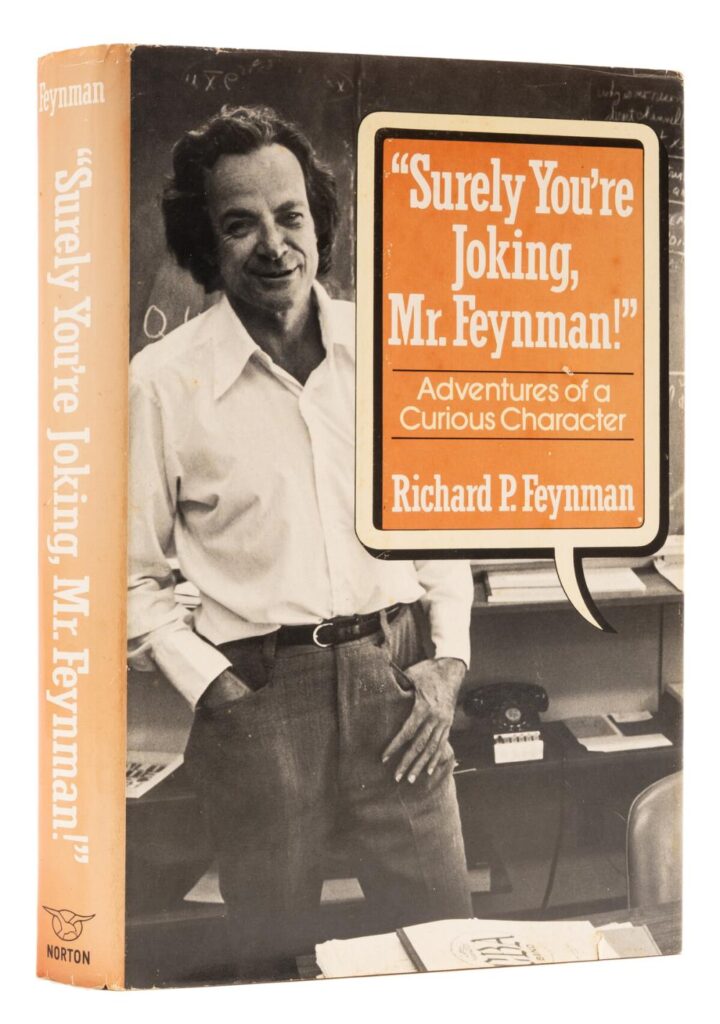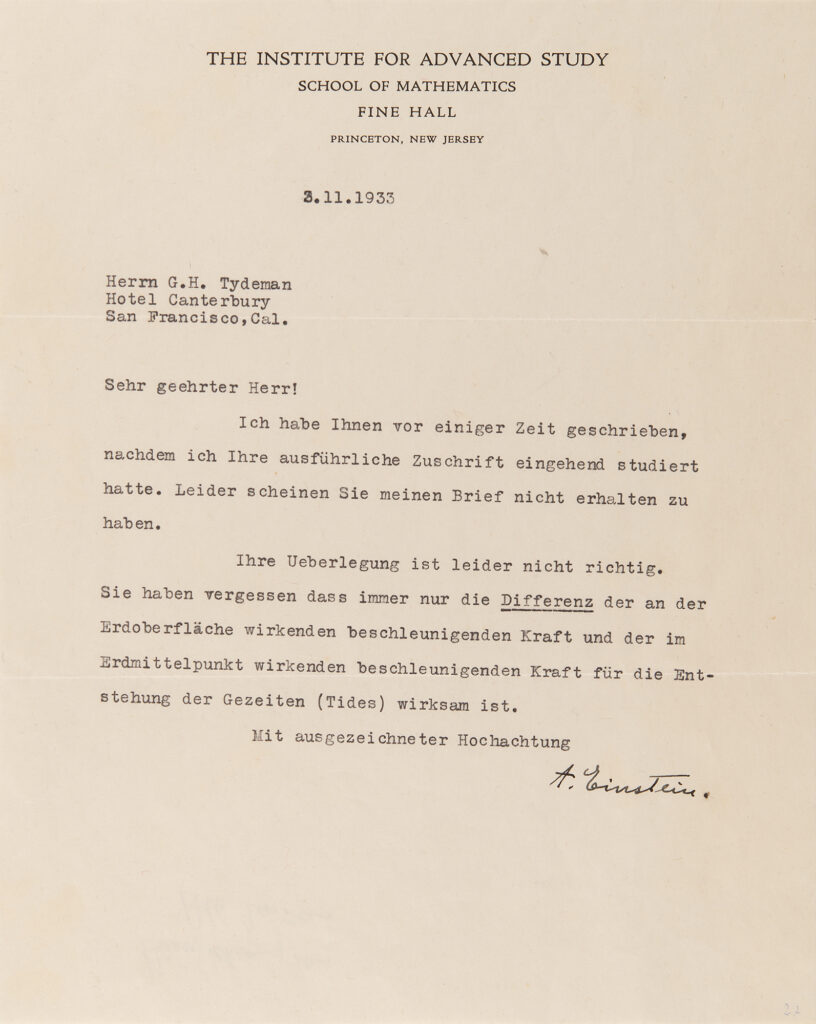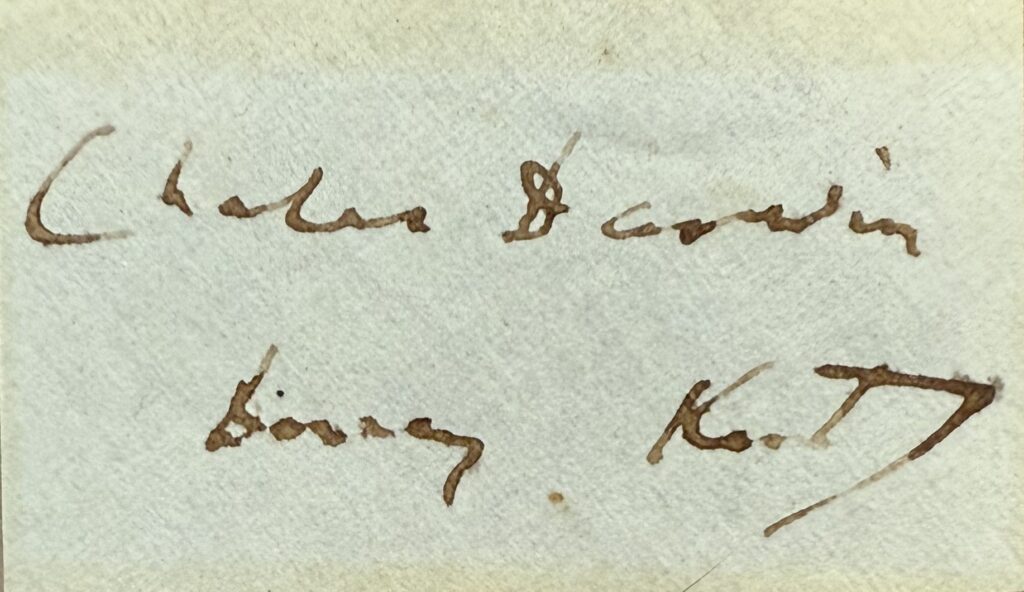AN ORIGINAL PATENT FOR THE ELECTRIC LIGHT BULB SIGNED BY THOMAS ALVA EDISON
Manuscript DS, signed “Thomas Alva Edison”, thirteen pages, 9 x 14, November
22, 1881.
Edison”s 1883 patent application sent to the Governor General.The
Document is titled “The Petition of Thomas Alva Edison of Menlow Park in the
State of New Jersey, United States of America, electrician, for leave to
file a specification under Act XV of 1859 of the Legislative Counsel of
India.”
Document continues, in part: “The Petitioner has obtained Her
Majesty’s Letters Patent dated 9th Day of February A.D. 1881 #562 for
improvement in Carbon Burners for Incandescent Conductors for Electric Lamps
and in the means and methods of manufacture and treatment thereof partly
applicable to the manufacture of other carbon articles and that such Letters
patent are to continue in force for fourteen years, that your Petitioner
believes that the said invention is not now and has not hitherto been
publicly known or used in India. The following is a description of the
invention. One object of this invention is to furnish a method or process by
which pure and flexible carbon may be manufactured in any desired shape,
which method is particularly applicable to the manufacture of carbon
conductors for incandescent lamps. Thin sheet metal which will stand high
temperatures for instance, sheet nickel or cobalt is cut or formed into the
shape desired for the furnished carbon or shaped wire may be used. One or
several such formed pieces of metal are suspended in a closed flask which is
then heated to a high temperature. While in this heated condition, the vapor
of volatile carbon is passed through the flask with the result that the
carbon is deposited upon the metal shapes. For this purpose the vapor of the
bisuephide of carbon, the chloride of carbon, the volatile paraffins, or a
nafisha is preferable. When a sufficient thickness of carbon has been
deposited the flask is allowed to cool, after which the carbon plated shapes
are immersed in some acid having an infinity for the metal used and the
metal thereby eaten away leaving the pure carbon in the desired shape.”
Signed on the last page, “Thomas Alva Edison” and bears witness signatures
of Charles H. Smith, and George B. Pinckney. Document bears a cancelled
documentary stamp at the top of the first page, as well as a stamp from the
Collector of Stamp Revenue in Calcutta




